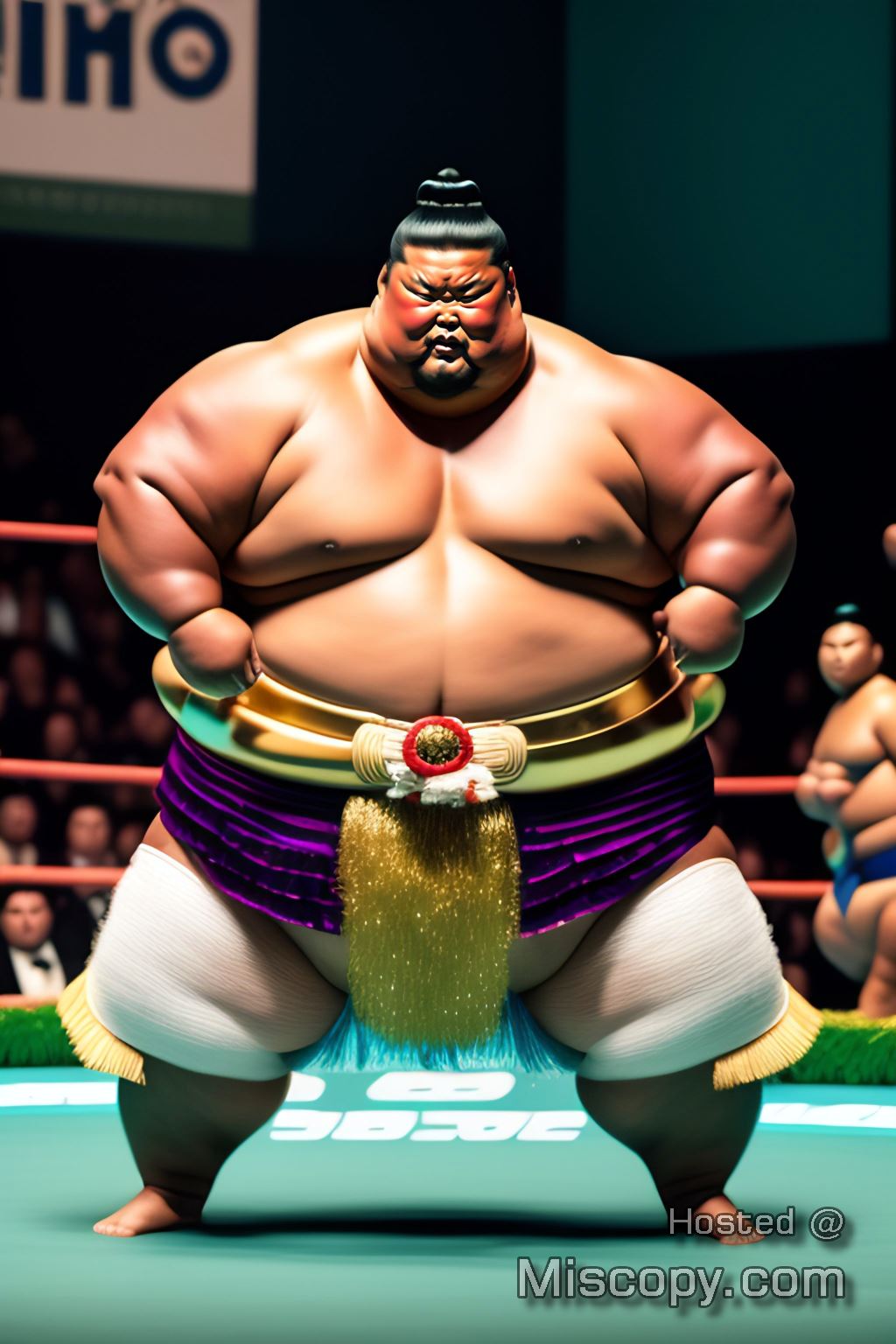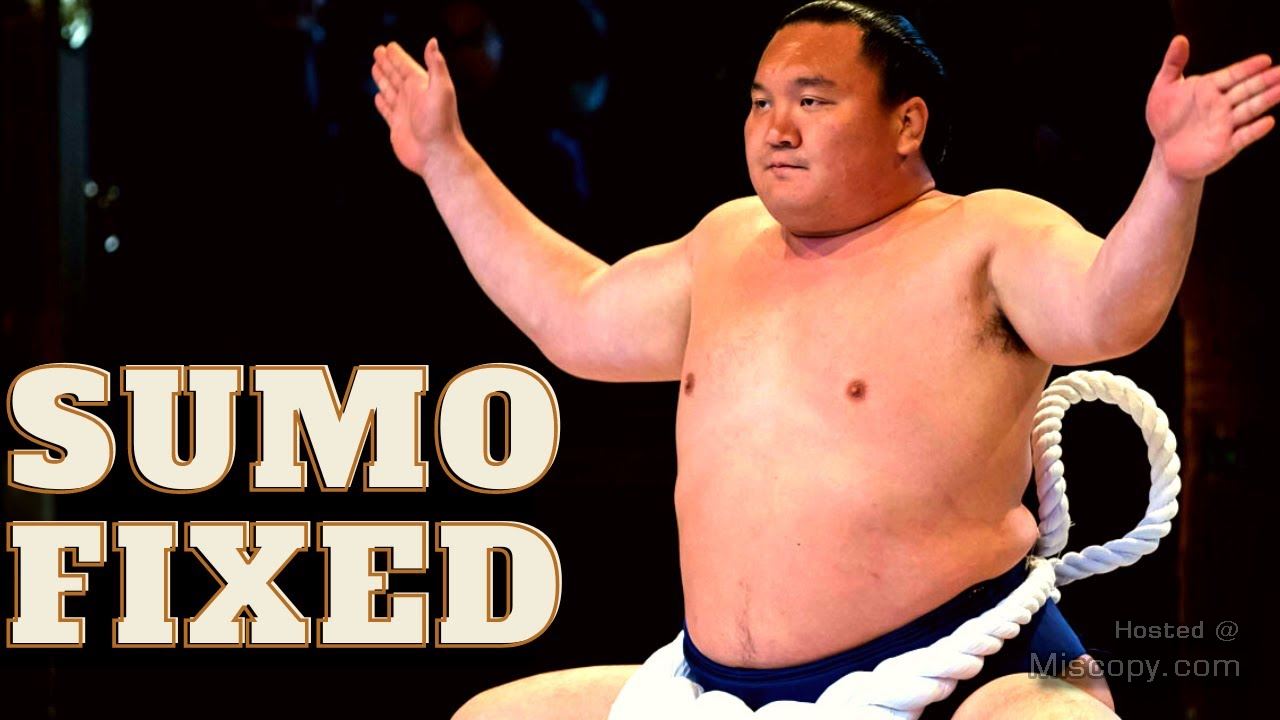Yaocho, also known as match-fixing, is a serious issue that has plagued the sport of sumo for many years. This illegal activity undermines the integrity of the sport and threatens its credibility as a fair and honest competition. In this article, we will explore the world of yaocho and its impact on the sport of sumo.
What is Yaocho?
Yaocho is the practice of rigging sumo matches by bribing wrestlers to intentionally lose or win a match. The term “yaocho” comes from the Japanese words “yao” which means “cooked” or “manipulated,” and “cho” which means “sumo betting.” The practice of yaocho is illegal and considered a form of corruption, as it goes against the traditional values of sumo, which include fair play, honor, and respect.
The History of Yaocho in Sumo
The practice of yaocho has been present in the sport of sumo for centuries. It is said that the first recorded instance of yaocho in sumo dates back to the 17th century. During this time, sumo was not just a sport, but a form of entertainment for the ruling class in Japan. The wrestlers were often seen as celebrities and were treated accordingly.
However, with the increasing popularity of sumo, the sport became more competitive, and the stakes became higher. As a result, some wrestlers began to resort to yaocho in order to gain an advantage over their opponents. Over time, the practice of yaocho became more widespread and sophisticated, with wrestlers forming alliances and networks to rig matches.
The Impact of Yaocho on Sumo
The impact of yaocho on sumo has been significant. The practice undermines the credibility of the sport, and damages its reputation as a fair and honest competition. The fans of sumo expect to see fair matches, and any hint of yaocho can lead to a loss of interest in the sport. Additionally, yaocho has a negative impact on the wrestlers themselves, as it creates an environment of distrust and suspicion.
Efforts to Combat Yaocho
In recent years, the authorities in Japan have made efforts to combat yaocho. The Japan Sumo Association (JSA) has implemented a range of measures to prevent yaocho, including increased monitoring of matches, the introduction of a whistle-blower system, and the imposition of harsh penalties for those found to be involved in yaocho.
Despite these efforts, yaocho continues to be a problem in sumo, and cases of match-fixing still occur from time to time. The JSA has acknowledged that yaocho is a complex issue, and that it will take time and effort to eradicate it from the sport entirely.
Conclusion
Yaocho is a serious problem that has plagued the sport of sumo for many years. It undermines the integrity of the sport, damages its reputation, and creates an environment of distrust and suspicion. While efforts have been made to combat yaocho, it continues to be a problem in sumo. To protect the sport and ensure its longevity, it is essential that all involved in sumo, from the authorities to the wrestlers themselves, continue to work together to eradicate yaocho once and for all.
Check out the video exposing Yaocho.

